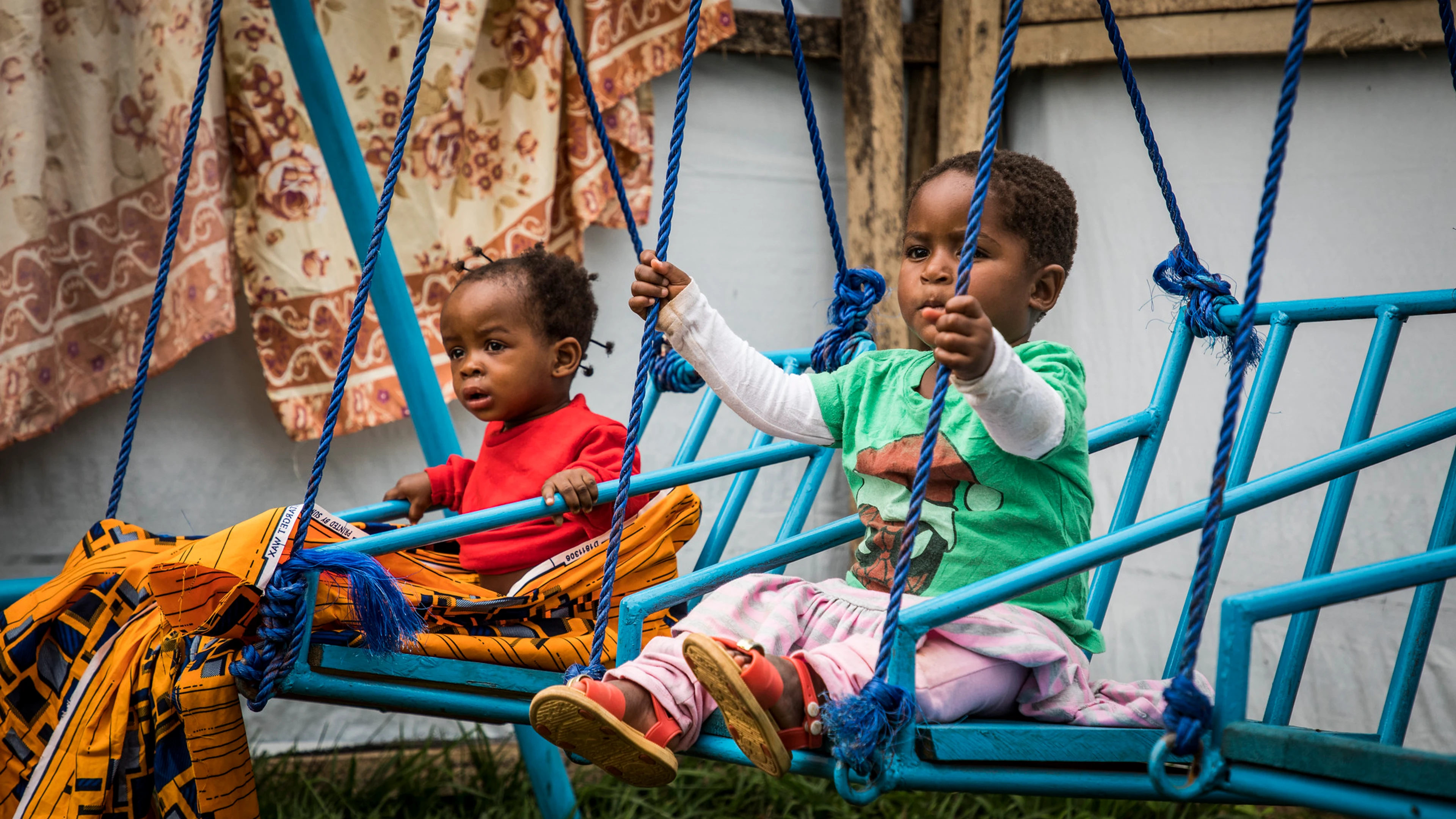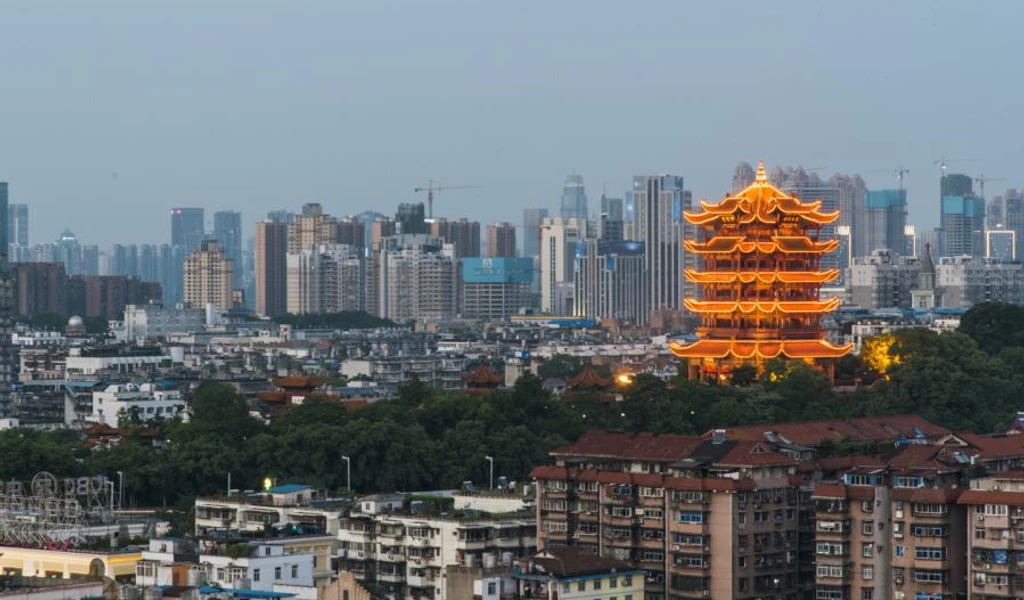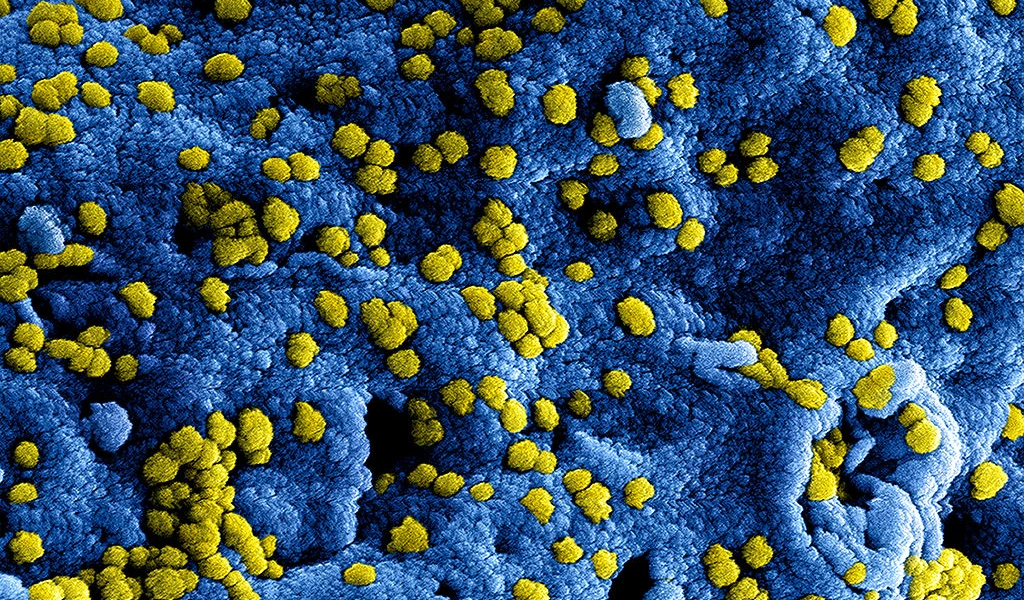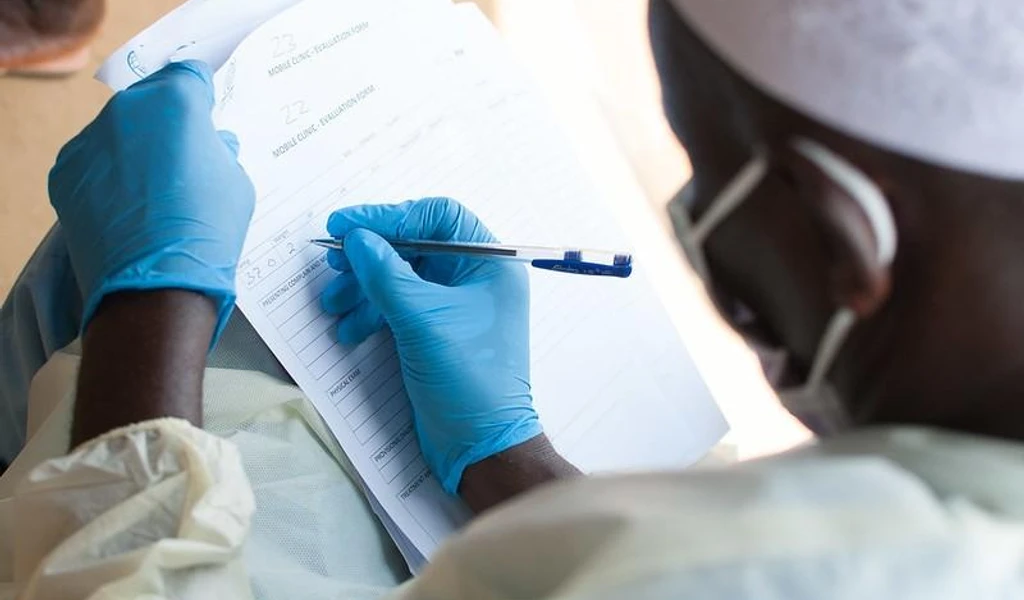Epidemics can occur anywhere, at any time.
We publish regular updates, produced by Program for Monitoring Emerging Diseases (ProMED), on outbreaks of emerging infectious diseases to keep you informed on the frequency and impact of our priority diseases.
ProMED is the largest publicly-available system conducting global reporting of infectious diseases outbreaks, with ProMED staff, moderators and team members scanning for, reviewing and posting information relating to global health security from official health reports and media articles.
The below post contains information from health reports, news articles, and academic papers relating to our priority diseases, compiled together by ProMED. Content below may be edited from original ProMED posts for style and length.
These posts provide an overview of disease outbreak activity over the past several weeks. For the latest information relating to outbreaks of infectious diseases, please visit the ProMED website.
Ebola
Location
North Kivu, South Kivu and Ituri provinces, DRC
Outbreak Update
WHO Disease Outbreak Update, Thursday 12 September
Ebola virus disease transmission in the Democratic Republic of the Congo continued to ease this past week, with 40 new confirmed cases reported in North Kivu and Ituri provinces; this is the lowest weekly incidence since March 2019. While these signs are promising, it remains too soon to tell if this trend will persist. Emerging hotspots continue to pose challenges in terms of accessibility, insecurity, and violence. Surveillance indicators highlight that public health risks of further spread remain very high.
During the past 21 days (from 21 Aug through 10 Sep 2019), a total of 157 confirmed cases were reported form 15 health zones, with the majority coming from the health zones of Kalunguta, Beni, Mambasa, and Mandima. Alimbongo, Oicha, and Pinga health zones recently passed 21 days without a new confirmed case.
As of 10 Sep 2019, a total of 3091 EVD cases were reported, including 2980 confirmed and 111 probable cases, of which 2074 cases died (overall case fatality ratio, 67%). Of the total confirmed and probable cases, 56% (1737) were female, 29% (886) were children aged less than 18 years, and 5% (157) were health workers.
Outbreak Response
The governor of South Kivu, Theo Ngwabidje Kasi, has taken steps to prevent Ebola from reaching schools in his province.
"Ebola virus will never come to schools in South Kivu province," he said on Tue 10 Sep 2019, at the launch in Bukavu of the registration campaign for children aged 6 to 7 at school.
Theo Ngwabidje Kasi draws on the contribution of partners in the education sector, including UNICEF:
"We have taken measures for prevention so that Ebola does not touch our students. Thanks to UNICEF for its support. They brought us booklets in which Ebola measurements are repeated. We will distribute kits in more than 400 schools in the city of Bukavu...We will also set up a temperature control point at the entrance of each school."
See more in Radio Okapi (DRC)
News stories
Behind the front Lines of the Ebola wars, Nature
Behind the front lines of the Ebola wars: In an exclusive story, Nature joins WHO director-general Tedros Adhanom Ghebreyesus and the teams of African health workers who are giving everything to stop Ebola in the eastern Democratic Republic of Congo. Their moving stories of success and struggle illuminate the complex challenges of battling one of the most deadly pathogens known to humankind in a place tortured by war. "People are so afraid. They don't know if we might be terrorists who want to kill them," says medical anthropologist Julienne Anoko. "So we just show them that we are human - mothers, fathers, sisters, brothers - we explain why we want to help."



